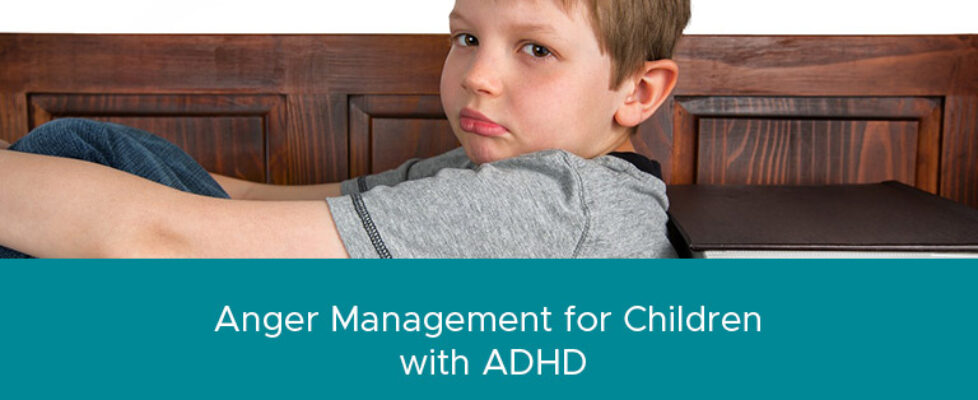Anger Management for Children with ADHD
Being a parent typically comes with its fair share of challenges. However, if your child has ADHD, you’ll need to adjust your parenting style to accommodate them. One common problem for many kids with ADHD is dealing with anger. Many kids with ADHD are prone to outbursts that can cause trouble at school and home.
Many emotions can get kids in trouble, but anger certainly tops the list. Anger can have plenty of significant outcomes (e.g. punishments) you and your little one would rather not have to deal with. For kids, it’s important you help them deal with anger in a mature, healthy manner. Think of anger like a sneeze; it comes quickly, then it’s over and you move on.
However, kids with ADHD are prone to impulsivity. When mixed with anger, the results can be explosive. When other kids might fume in silence, one with ADHD might slam doors or kick furniture. It can be difficult for kids with ADHD to contain their feelings, making it doubly important you help them find healthy outlets for their anger.
You can’t make the anger disappear, but you can lend a helping hand with anger management. Give your kids the right tools to help them recognize when they get angry and deal with it properly. Here are a few strategies for helping your child manage their anger and frustration.
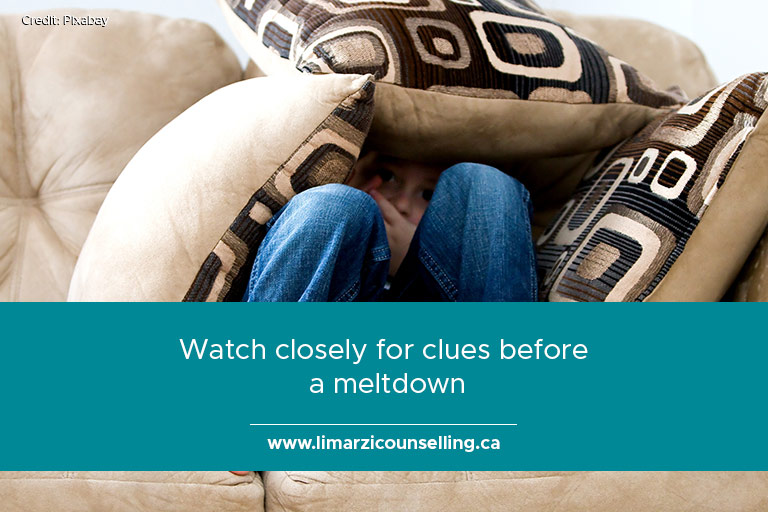
- Keep an eye out for triggers – When your child has meltdowns, there may be some warning signs that can clue you in before they happen. Look for any common patterns when your child gets angry. Does it happen at a particular time of day, or after a certain activity? After-school time is a common time for meltdowns; it’s a common time for kids to let their guard down and release any pent-up feelings after a long day. Knowing what sets off your child can help you anticipate problems and talk it over before the situation can escalate.
- Stay calm – When faced with a raging child, it can be easy to feel overwhelmed. At that point, it can be tempting to raise your voice to restore control. However, children with ADHD can be overwhelmed by stimuli; shouting is more likely to make them more aggressive and defiant. Instead, stay calm. Practice the same anger management techniques you give your kids. Count to ten and take a deep breath before continuing to maintain control over the situation. Keeping a cool head is also a great way to get your kids to follow your example.
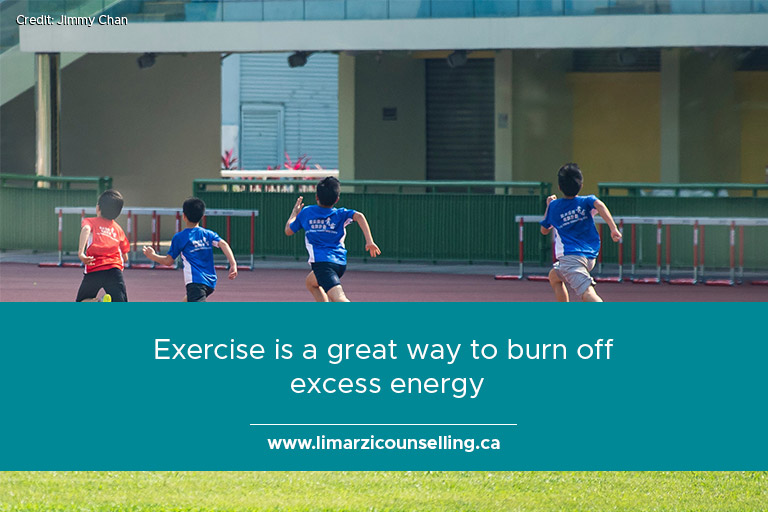
- Give them plenty of exercise – Exercise has plenty of benefits, and it’s a great way to manage stress and find a healthy outlet for any frustrations. The same advice works just as well for your kids. Strenuous outdoor play and exercise can be a powerful release for kids with ADHD. Activities like running, jumping, and climbing help release some of the tension and restlessness that come with ADHD. One effective exercise is martial arts. Not only is it a way for your little on to let off some steam, but martial arts comes with plenty of lessons to help them develop into healthy individuals. For example, it’s a chance for them to learn self-control and self-discipline, traits that can help in case of a future meltdown.
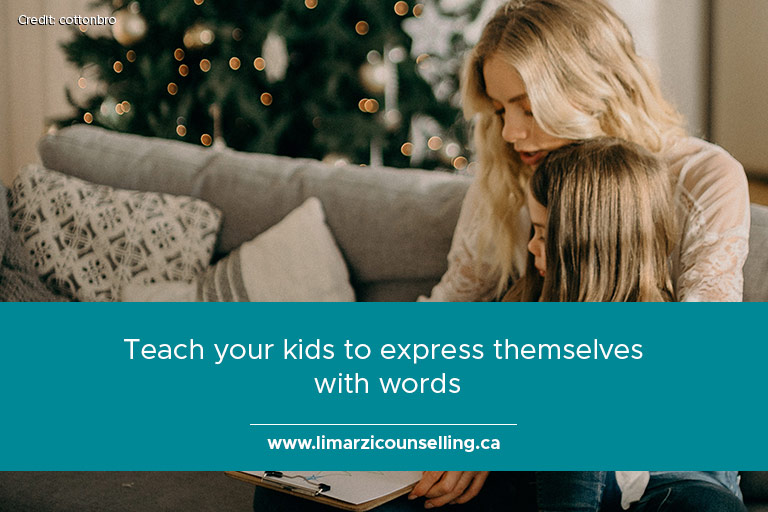
- Use words – One standard piece of advice for kids is “Use your words.” For kids with ADHD, the advice becomes all the more critical, especially in the context of preventing a tantrum. One reason kids lose control when they get angry is because of an inability to vocalize their frustration. Teach your kids to articulate how they feel with words instead of violence. It may be hard at first, but with your help and encouragement, it gets easier. It’s a big help for your kids to realize they can express anger more healthily.
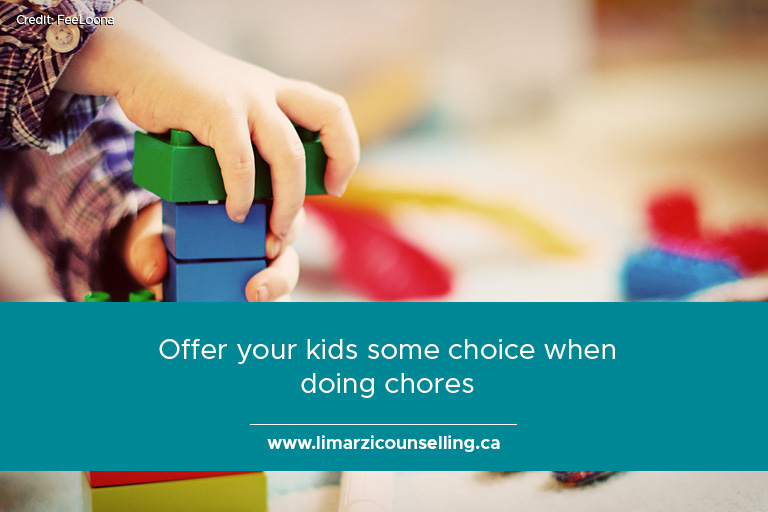
- Offer choices – It’s important that your kids have a sense of control over things happening in life. Offer your little one choices when appropriate, especially when they have difficulty with transitions (e.g. cleanup time). Make it easier for your child by giving them some measure of choice. For example, ask “Do you want to clean up the blocks first, or the race cars?” A few options help your kids impose some control over a situation and keep them from feeling too stressed. Limit your choices to a handful to avoid overstimulation. Two or three options are enough for your child to choose without feeling overwhelmed.
- Use timeouts – Timeouts may sound like a punishment at first glance, but they have more utility than that. Think of a timeout as a way to separate your child from a stressful situation and get some time to cool down before addressing the issue. Pick a time when your child is happy and settled before discussing the issue of timeouts. You can give your little ones a sense of control over the whole concept by letting them choose a designated timeout chair and putting it somewhere away from the hustle and bustle of the house. When you do have to give a timeout, walk your little one to the chair and do some deep breathing together to calm down. Once you’ve both calmed down, use the time to discuss what happened and how it could have been handled more productively. Remember to be encouraging to encourage your child to regard timeouts as a positive solution for any meltdowns.
- Avoid the electronics – Kids can be very impressionable, and a recurring parenting issue for many parents is how to filter what is and isn’t appropriate. Set limits on how much time your kids spend on their phones and computers. Children with impulse control problems can be influenced by what they watch and play. Set rules about what they can watch and explain why it isn’t appropriate to watch shows you don’t approve of. Time spent on social media is also time that could be spent on more productive activities for your little one (e.g. exercise). Find something else for them to do with their time to help burn off excess energy and manage stress. Some electronic use is fine, but more than two hours a day is too much.
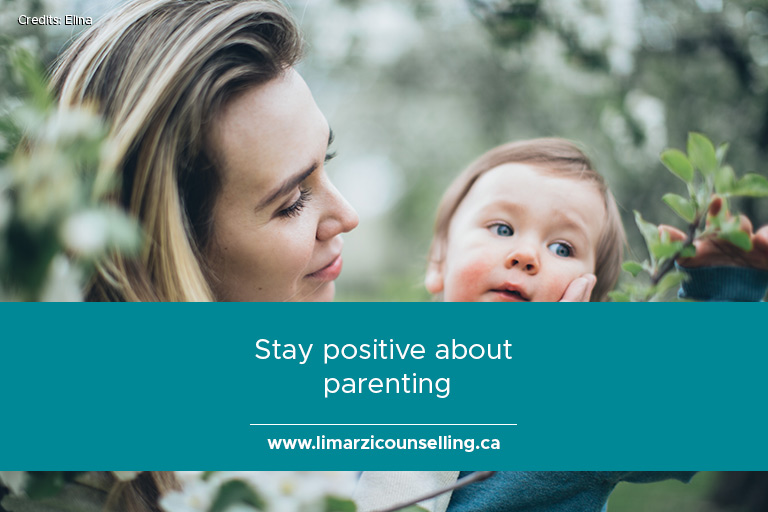
When it comes to helping a child with ADHD, it’s important to remember that you’re a role model. Your kids follow your lead, so set a good example to help them find positive ways responding to problems. Remember to talk your kids through problems as well to help them understand how to deal with anger without losing control.
When you need a ready ear to help you with difficult issues, Wendy Limarzi is the name to look for. I specialize in providing therapy and counselling services for a wide range of problems, from depression to relationship issues.
Give me a call at (519) 253-1519 or visit my contact page to make an appointment.

